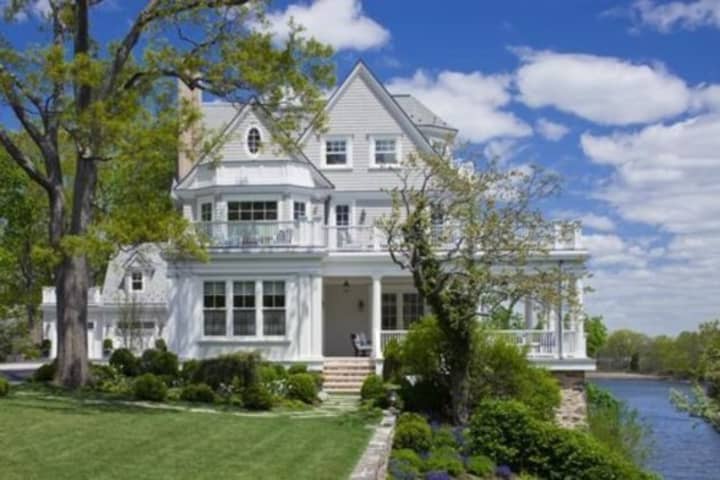The law was proposed by the Landmarks Advisory Committee, and would also allow the committee to establish historic districts in the city. Under the new law, for the first five years after a renovation to a building built before 1904, the homeowner will not have to pay any additional taxes that may result from an increase in assessed value to the property.
City Council member Laura Brett, who brought the bill to the City Council, said that the Landmarks Committee has been looking for a way to give homeowners incentives to preserve the city's historic properties.
"I think creating historical districts and providing incentives to alter or renovate historic structures is a great way to preserve community character. It's not binding on anyone and it doesn't directly impact the city's bottom line. It's providing an incentive," Brett said.
Five years after the building is renovated, the exemption will decrease 20 percent each year for the next five years, at which time the owner will have to pay taxes on the full assessed value.
"It's certainly not the whole answer to the puzzle of how we preserve community character in the community, but it's a great start," Brett said.
In order to receive the exemption, buildings must have been built in or before 1909, or be designated as a landmark. Renovations must be approved by the Landmarks Committee and the Board of Architectural Review, and must be consistent with the historic nature of the building.
"Historic districts have contributed economically and socially to communities," said Maurio Sax, a member of the Landmarks Committee. He said that studies show having historic structures in cities can improve property values, generate more tax revenue in the long run, as well as increase tourism and promote a sense of community pride.
The exemption only applies to city tax, not to school district or county taxes, though Sax and other members are meeting with school district officials to persuade them to adopt the law.
Click here to follow Daily Voice Rye and receive free news updates.


